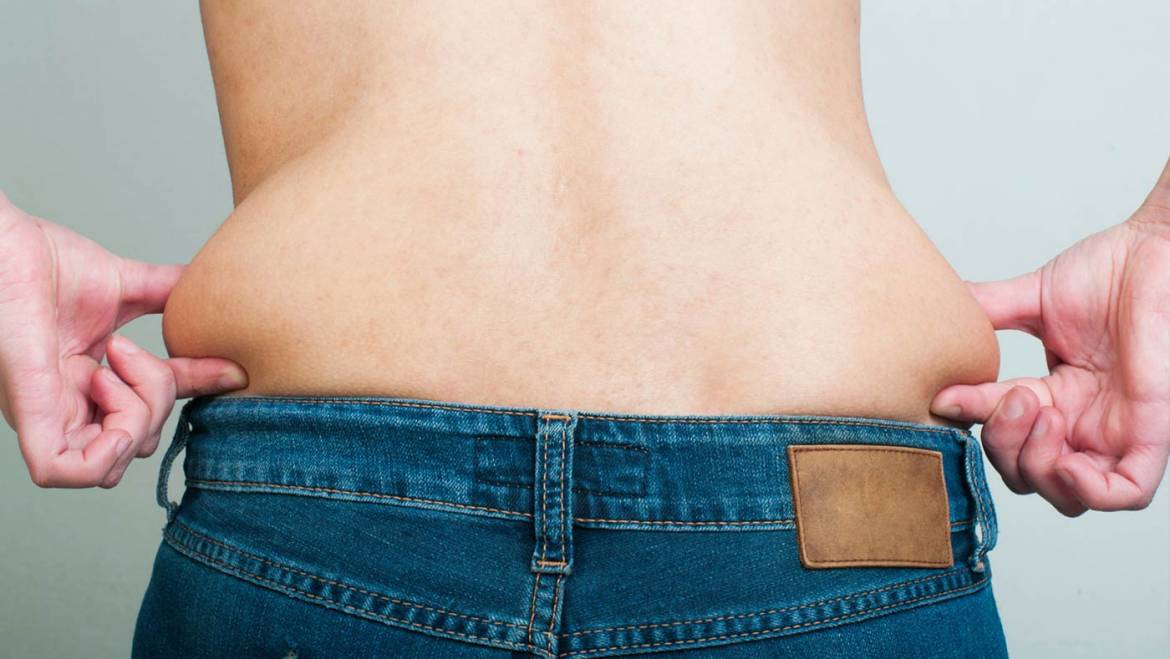5 Top Reasons You Need to Start Assessing Your Daily Protein Intake Now!
If you are currently working hard in the gym striving to reach a fat loss or lean muscle building goal, one thing you must be taking the time to do is assess your daily protein intake. While many people mistakenly believe most of their results come from their gym efforts, up to 75% of the success you see in terms of body composition changes do come from your diet. Your daily protein intake is a large part of that. Let’s look at the main reasons why assessing your daily protein intake is so critical.
1. Your Daily Protein Intake And Your Metabolism
Here’s a little tip that few people know: protein rich foods can boost your metabolic rate up to 25-30% after you eat them. This is referred to as the thermic effect of food, and refers to how many calories you burn simply digesting a given food. For protein foods, it’s around 25-30 calories per 100 calories consumed. For carbs and fats, it’ll come in around 4 and 2 calories respectively. While this may not seem like that big of a difference, it adds up over time. Those who get their daily protein intake up higher will experience a faster metabolic rate throughout the day, often leading to increased total body fat burning.
2. Your Daily Protein Intake And Hunger
Next, your daily protein intake also influences your hunger. Of all the macronutrients – protein, carbs, and fats, it’s protein that tends to blunt hunger the best. Eat a meal strictly based around carbs (say a plate of pasta), and you’ll find yourself hungry about an hour or two later. Eat a meal based around lean protein, such as a grilled chicken salad on the other hand, and you’ll stay satisfied for hours to come. Less hunger means greater diet adherence, and that means improved success.
3. Your Daily Protein Intake And Recovery
Protein also influences your recovery after exercise. If your daily protein intake isn’t high enough, you won’t be providing the raw materials that your body needs to jumpstart your recovery. As such, you won’t be able to exercise as often in the gym, and this too can slow down the rate of fat burning.
4. Your Daily Protein Intake And Lean Body Mass
Perhaps one of the most important reasons you should be assessing your daily protein intake is because it protects your lean muscle mass. Your lean muscle is what dictates your metabolic rate, so the more muscle you have, the faster you’ll burn calories all day long. Without sufficient incoming protein in your diet, your body may not be able to maintain its current levels of lean muscle mass, leading to a drop in your resting metabolic rate. Those who lose muscle, especially while dieting, are at an increased risk of post-weight loss weight gain because of this fact. If you drop 10 pounds of muscle and 10 pounds of fat on your diet, your metabolism will take a tumble, and it’ll be hard to sustain your weight moving forward compared to if you would have lost 20 pounds of fat total.
5. Your Daily Protein Intake And Energy
Finally, the last reason to assess your daily protein intake is because it also impacts your energy. When you aren’t taking in enough protein, you’ll be more prone to blood glucose spikes and crashes. With each crash comes an energy low that’ll leave you feeling drained, irritable and not like doing much of anything. Balance out those carbs by including protein in each meal or snack you eat.
Hopefully now you can see the importance of getting your daily protein intake up higher. How much is enough? Aim for around one gram per pound of body weight each day for optimal results. Want to know what are the best protein low calorie protein sources? Read more here!



